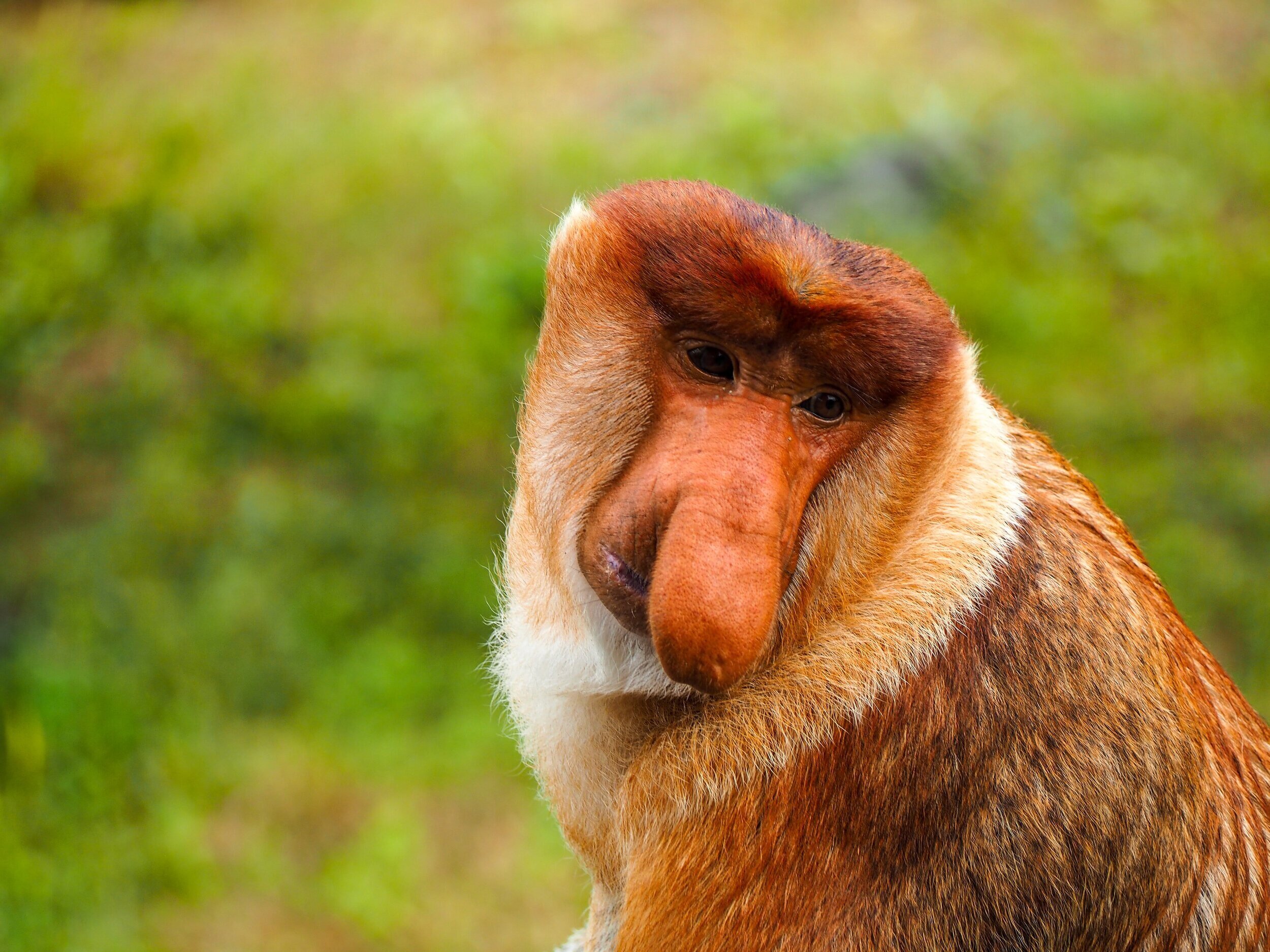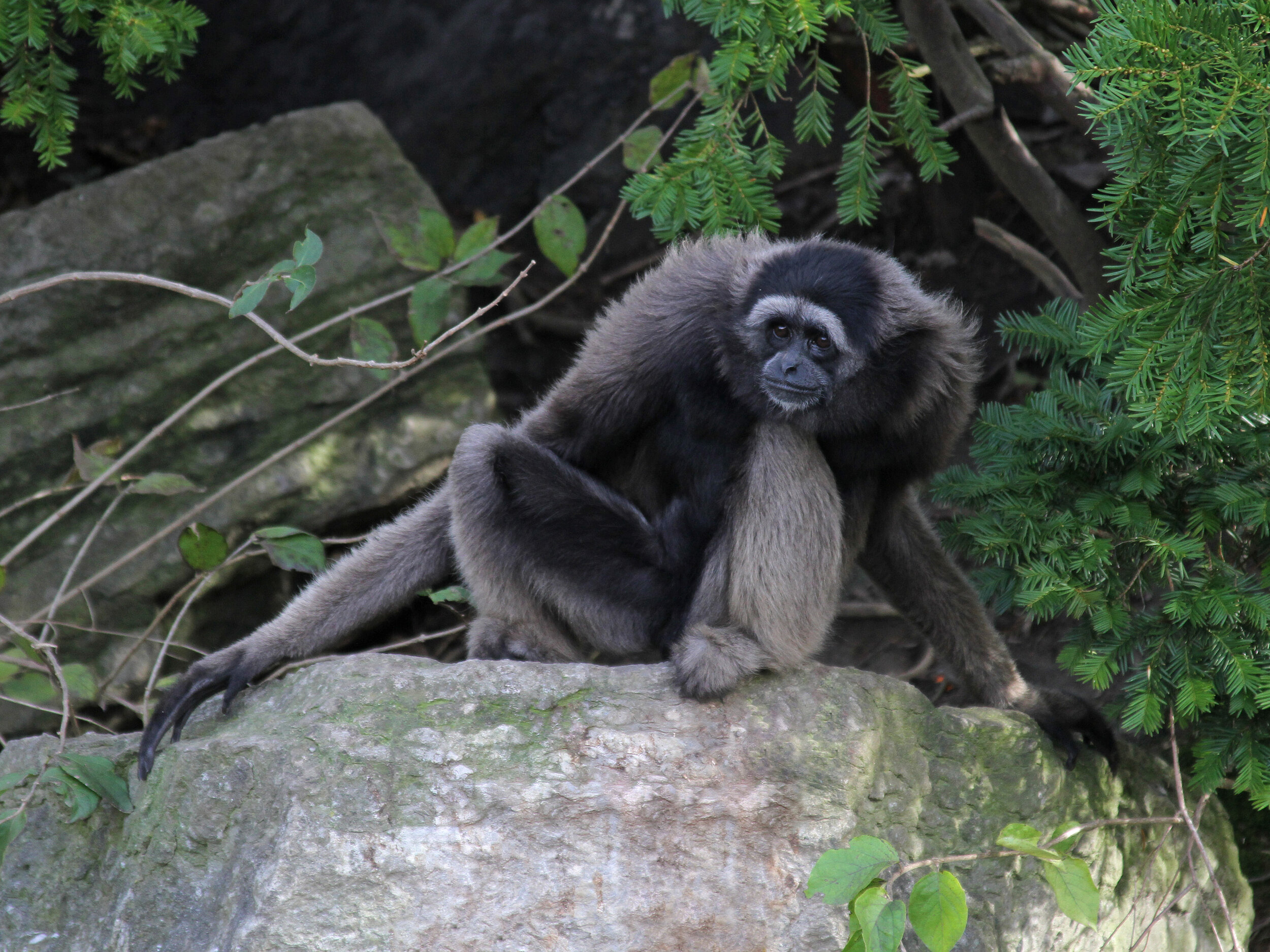
Mului forest
MULUI CUSTOMARY FOREST IS LOCATED IN PASER REGENCY, EAST KALIMANTAN, ON THE INDONESIAN PART OF THE ISLAND OF BORNEO.
The Mului community has been fighting for the rights to manage their lands and fending off claims from mining and logging corporations for decades. Then in 2018, after the establishment of the Indonesian government’s new customary forest regulations, the Paser Government officially acknowledged the Mului community as an indigenous group and recognized their rights to manage their forest.
The FCF is supporting them to protect over 7,200 hectares of pristine rainforest.
Grantee Team
LSM Padi, the project Grantee, is an East Kalimantan-based NGO that has been supporting Mului community since 1996. Padi assisted in securing the forest’s customary status and has experience in managing conservation and development projects.
The status of forest, and wood in particular, in the Mului community is strong. Many other villages allow small-scale loggers to work in their forests, but in Mului it is forbidden to sell timber cut in the “adat” (or indigenous) forests. To cut down a few trees for one's own needs is permissible if the plan has been discussed and there were no objections from other members of the community, but no one may cut down trees for individual financial gain. The special status of wood in the community was established decades ago after people saw the devastation caused by logging permits given away by other villages. Logging the forest would provide a lot of cash in a short time, but destroy future harvests of forest products not only for the current generation but also for their children. They think of the forest as their "insurance" for when the rice harvest fails or some other disaster threatens them.
The Mului also consider certain areas to be Mori or “forbidden” forest that can only be entered for certain rituals, and others to be Sipunkg forest, managed collectively for the Mului people’s subsistence needs, including firewood and house construction.
To learn more about the Mului Community and their history of protecting the Mului forest, you can read this article in the Borneo Research Bulletin.
Biodiversity
The Mului community have identified many vulnerable, near-threatened and critically endangered plants and wildlife within the Mului forest, including the Proboscis monkey (Nasalis larvatus - Endangered), Bornean gibbon (Hylobates muelleri - Endangered), yellow muntjac (Muntiacus atherodes - Near-threatened) and black hornbill (Anthracoceros malayanus - Vulnerable). Tropenbos International Indonesia also produced a Biodiversity assessment of the nearby Gunung Lumut Protected Forest in 2009 which suggests there may also be White-fronted langurs, Silvered langurs, Red Leaf monkey, Long-tailed monkey, Slow loris, sambar deer, Flat-headed cat, Sun bear, Malay civet, Smooth-coated otter and many more!
Located in the Lumut Mountain, Mului forest is also an important source of water and generates several rivers.
Threats
Now that the Mului community has tenure over this forest, it is relatively safe from deforestation for mining or plantations. The main risks are from poaching, illegal logging and forest fire.
Project Activities
Local NGO Padi and the Mului community will implement three programs together:
Government engagement to secure support and contribution from the government for Mului forest conservation
Forest protection to manage and monitor the area’s wildlife
Mapping and identifying forest product potential to improve sustainable community livelihoods
QUICK STATS
Area: 7,233 ha
Threatened Wildlife: Proboscis monkey, yellow muntjac and black hornbill
Grantee: LSM Padi (NGO)
Current funders: PZ Cussons and Waitrose & Partners are multi-year funders of Mului’s 5-year budget, further funding is needed
Commodities in this landscape: Palm oil, timber, gold mining, and pulp & paper











